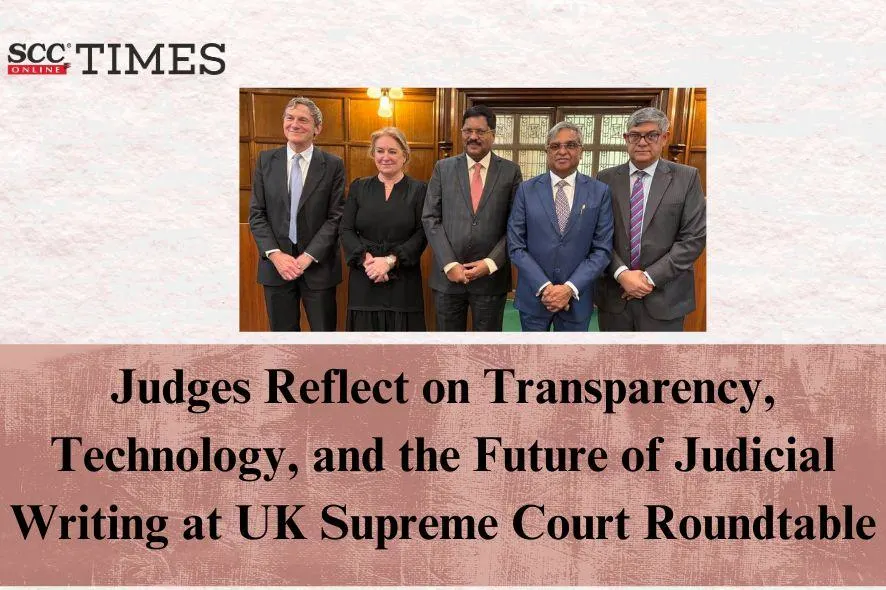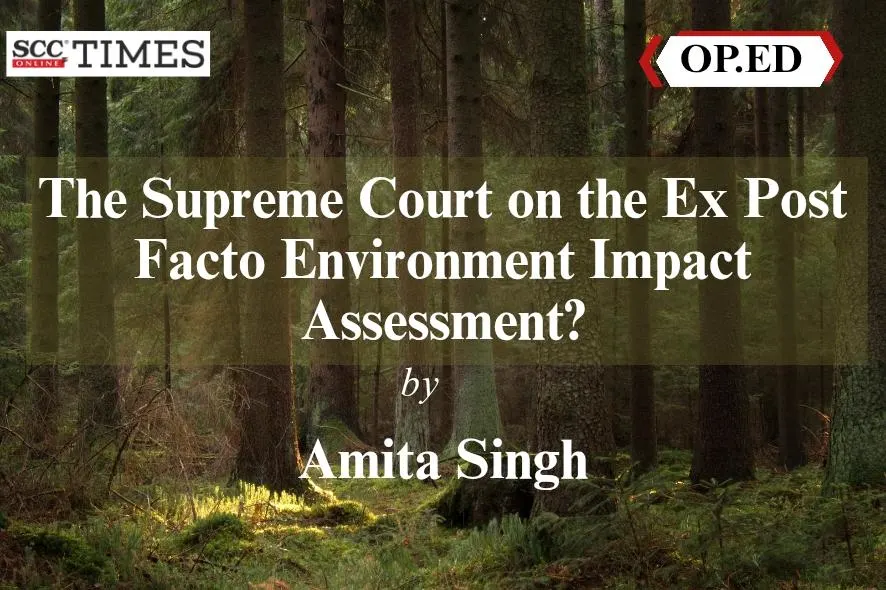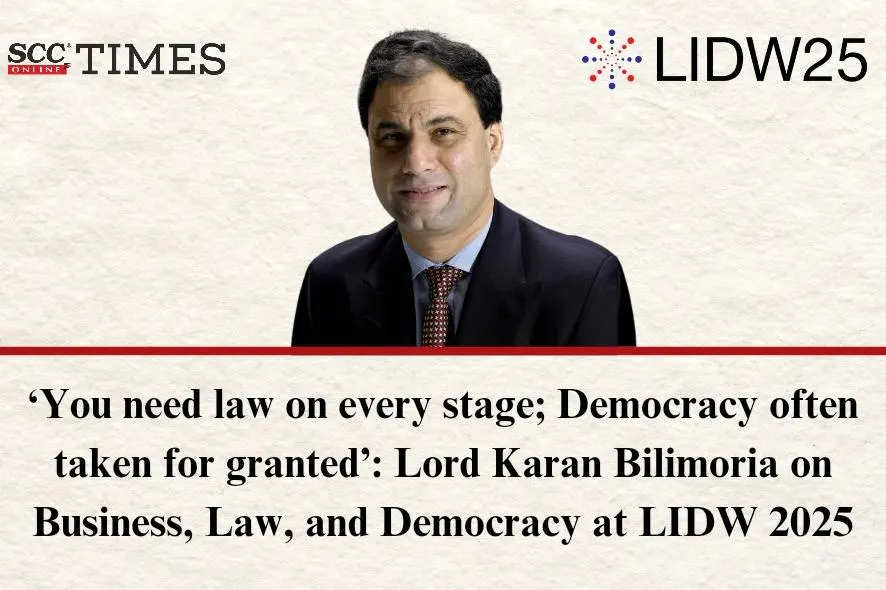Bombay High Court: While deciding the instant appeal wherein the sole convict who was found guilty of murdering 5 of his family members and was awarded death penalty for the same, had challenged the Trial Court’s finding and the proportionality of the sentence; the Division Bench, comprising of Vinay Joshi* and MW Chandwani, JJ., upheld and confirmed the finding and order of the Sessions Court for awarding capital punishment to the sole convict for the offences committed by him under Sections 302 and 201 of the Penal Code, 1860 against his own family members. The Court was of the view that the instant case was a “rarest of rare” case and that any penalty other than death penalty would have amounted to injustice.
Background and Legal Trajectory
The sole convict/appellant in the instant case was tried for the offences punishable under Sections 302 and 201 of the Penal Code, 1860 in the Sessions Court for committing the murder of 5 family members including women and children. This was not the first time that the convict was facing murder charges as he was earlier tried for the murder of his wife in 2014, for which he was convicted and sentenced to life imprisonment, and on appeal, was acquitted by the High Court of Bombay. Post conviction while languishing in jail, the appellant also made a murderous attack on a jail inmate.
In the sole convict’s absence, both his children were sheltered and taken care of by his sister and her husband who was asking for maintenance and legal expenses borne by him for the convict and his children. The brother-in-law also insisted the convict for transferring his land in the name of the sister and humiliated him as a culprit. For these reasons, the convict had developed a grudge against his brother-in-lawand was aiming to kill him. On 10-06-2018, the convict visited his sister’s house, had food, and slept with the family and in midnight, he killed his sister, brother-in-law and three children.
Post the commission of the offences, the convict fled to Ludhiana, but was later apprehended by the police.
The Trial Court held that the case was within the “rarest of the rare” category and awarded capital punishment, and therefore, as per the mandate enshrined u/S. 366 of the CrPC, had submitted the proceedings before the High Court for confirmation. Meanwhile the convict also preferred an appeal on the order of the Trial Court, challenging the establishment of guilt and the nature and proportion of punishment.
Decision
The Court, after perusing the evidence on record and Trial Court proceedings held that the prosecution had firmly succeeded in establishing the guilt of the convict beyond reasonable doubt.
On the question of proportionality of punishment, the Court confirmed the Trial Court’s findings of this case falling within the scope of “rarest of the rare” case, warranting capital punishment. The Court opined that the measure of punishment in each case must depend upon the severity of the crime; the conduct of the criminal and the defencelessness and unprotected state of the victim. “Justice demands that courts should impose punishment befitting the crime”.
The Court referred to various landmark cases, such as Bachan Singh v. State of Punjab, (1980) 2 SCC 684, Machhi Singh v. State of Punjab, (1983) 3 SCC 470, and others while confirming the adherence of the Trial Court to the guidelines set out in these cases relevant for appropriate justice delivery in criminal cases such as the instant matter.
Upon the question of rehabilitation of the convict, the Court referred to the case of Rajendra Pralhadrao Wasnik v. State of Maharashtra, (2019) 12 SCC 460, wherein, it was held that it is the obligation on the prosecution to prove to the court, through evidence, that the probability is that the convict cannot be reformed or rehabilitated. Upon perusing the prosecution case in the Trial Court proceedings and close analysis of mitigating and aggravated circumstances, the Court found that there is nothing that tilts in favour of the convict. “Moreover, the cruel and merciless tendency is a danger for society, an thus he is not fit to live in a civilised society”.
Further, the Court referred to the case of State of Madhya Pradesh v. Munna Choubey, (2005) 2 SCC 710, wherein it was held that undue sympathy to impose inadequate sentence would do more harm to the justice system to undermine the public confidence in the efficacy of law and society could not long endure under such serious threats.
Furthermore, the Court referred to the case of Purushottam Dashrath Borate v. State of Maharashtra, (2015) 6 SCC 652 wherein, the Supreme Court said that where the accused meticulously executes a deliberate, cold-blooded and pre-planned crime, giving scant regard to the consequences of the same, the precarious balance in the sentencing policy evolved by our criminal jurisprudence, would tilt heavily towards the death sentence.
The Court summarised that the prosecution had succeeded in establishing that the convict has committed murder of his family members in a pre-planned manner, without duress or provocation, and has taken innocent lives in an extremely barbaric, criminal, brutal and heartless act. His acts have shocked the judicial and social conscience.
Considering the manner of crime, past and post conduct of the convict, the Court held that the convict is beyond reformation and rehabilitation and would be a menace or threat to the society, and therefore his case rightly attracts the imposition of capital punishment, as any other penalty would be disproportionate and amount to injustice.
Thereby, Vinay Joshi and MW Chandwani, JJ. upheld and confirmed the death penalty imposed by the Sessions Court, and the appeal was dismissed.
[State of Maharashtra v. Vivek Gulabrao Palatkar, 2024 SCC OnLine Bom 942, decided on 27-03-2024]
Judgment authored by Justice Vinay Joshi
Advocates who appeared in this case :
Advocates for the Appellant: SS Doifode, Addl. PP and MA Badar, APP
Advocates for the Respondent: D.V. Chauhan, Advocate; N Jadhav, Advocate
Advocate assisting Prosecution: Mohd. Ateeque, Advocate














